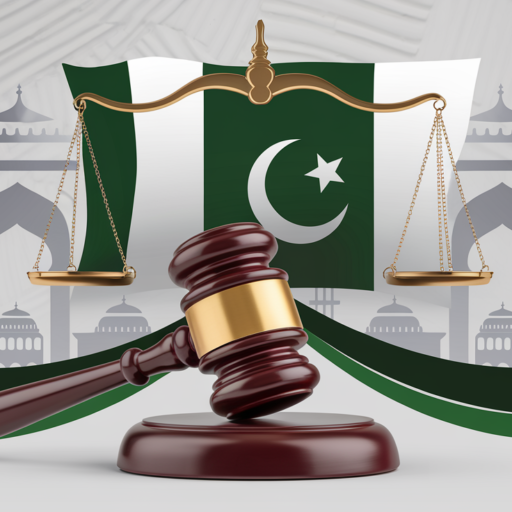Ensuring women’s rights is a critical aspect of Pakistan’s legal framework. Various laws have been enacted to protect women from discrimination, violence, and injustice. However, challenges remain in their effective implementation.
Legal Framework for Women’s Rights in Pakistan
Pakistan’s Constitution and legal system provide several protections for women. Key legislative measures include:
- Article 25 of the Constitution – Guarantees equality before the law and prohibits gender discrimination.
- Protection Against Harassment of Women at Workplace Act, 2010 – Ensures a safe work environment.
- The Acid Control and Acid Crime Prevention Act, 2011 – Penalizes acid attacks.
- The Domestic Violence (Prevention and Protection) Act, 2020 – Provides legal recourse for domestic abuse victims.
Challenges in the Implementation of Women’s Rights Laws
Despite progressive laws, several issues hinder their effectiveness:
1. Weak Law Enforcement
Many cases of domestic violence, honor crimes, and workplace harassment go unreported due to fear, societal pressure, and ineffective policing.
2. Lack of Awareness
A significant portion of the population, especially in rural areas, remains unaware of their legal rights, leading to exploitation and injustice.
3. Cultural and Social Barriers
Deep-rooted patriarchal norms continue to restrict women’s mobility, education, and financial independence, limiting their access to justice.
4. Delayed Judicial Process
Legal cases involving women’s rights often face significant delays, discouraging victims from seeking justice.
Key Reforms Needed for Women’s Rights Protection
To improve the protection and implementation of women’s rights in Pakistan, the following steps are necessary:
- Strengthening Law Enforcement: Police and judiciary must be trained to handle women’s rights cases sensitively and efficiently.
- Public Awareness Campaigns: Increased awareness can empower women to claim their legal rights.
- Fast-Track Courts: Special courts should be established to expedite cases involving women.
- Support Services: Helplines, shelters, and legal aid should be made more accessible to victims of violence and discrimination.
Conclusion
While Pakistan has made progress in legislating women’s rights, challenges remain in their enforcement. A collective effort from the government, civil society, and the judiciary is required to ensure that women receive the protection and justice they deserve.
#WomensRights #PakistanLaw #HumanRights #GenderEquality #LegalProtection #WomenEmpowerment #JusticeForWomen #PakistaniLaw #EndViolenceAgainstWomen

